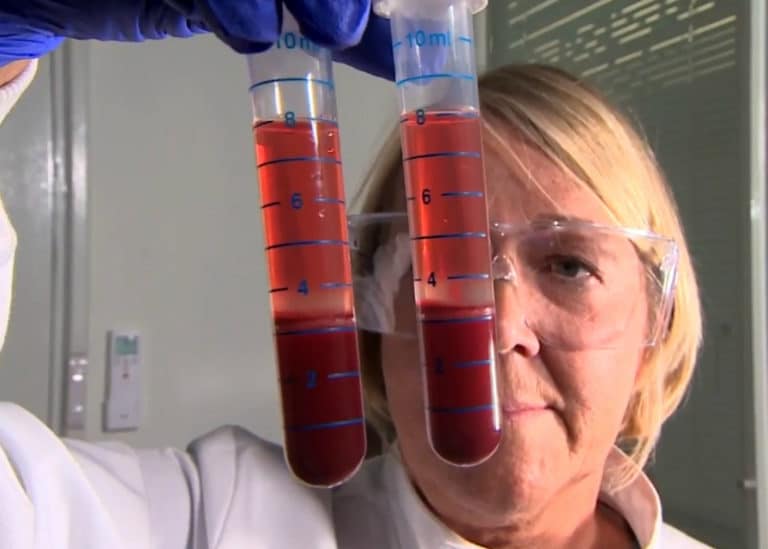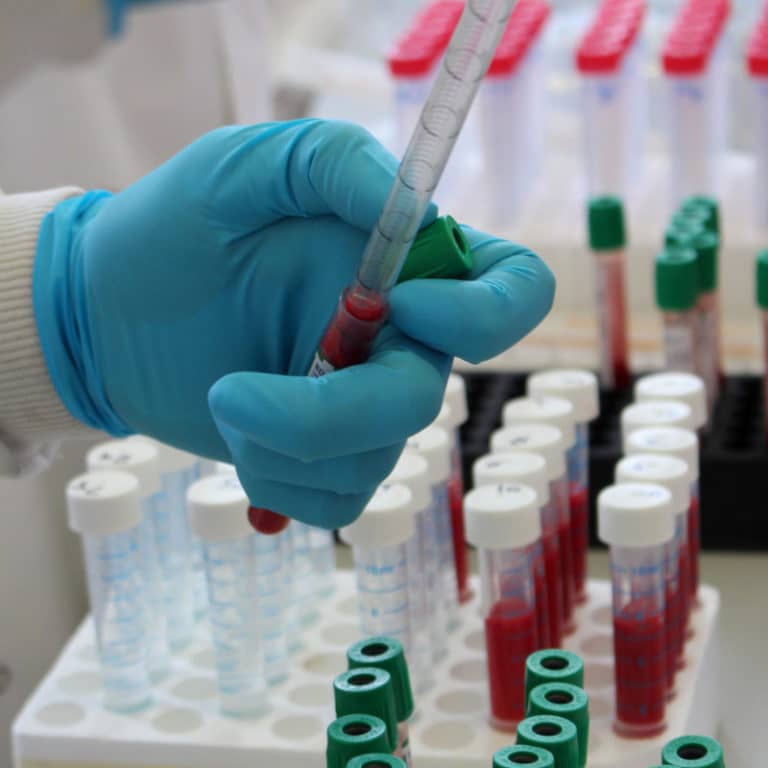Johne’s disease is a chronic wasting disease transmitted from mother to foetus or by bacteria shed in manure, colostrum and milk. Current tests only allow the reliable detection of Mycobacterium avium subsp. paratuberculosis (MAP) from 18-24 month calves and are unable to distinguish between active and passive infection.
The 16-month trial, by researchers at BioSellal and PBD Biotech, involved monthly testing on calves from three different herds – born from MAP-positive and MAP-negative cows – using PBD Biotech’s Actiphage Rapid kit and Biosellal’s Bio-T kit® MAP PCR on blood samples, and the same PCR on faeces.
The trial proves that early detection of live MAP infection is possible, and paves the way for improved Johne’s disease monitoring and control measures on farms.
Co-Author Dr Ben Swift, R&D Director at PBD Biotech, explains, “Young animals are highly susceptible to infection and being able to identify Johne’s disease at this early stage is key to controlling disease spread.
“The trial showed that the sensitivity and specificity of Actiphage enables detection of lower levels of MAP than the current culture methods, and provides results in 6 hours rather than weeks.”
The Actiphage Rapid technology used in the trial identified live MAP infection at least 4 weeks earlier than the faecal PCR in 75% of cases: in one case, the new diagnostic detected MAP in the blood of a one-day old calf born from a MAP-positive cow.
Claire Pelletier, Directrice Générale of BioDev, consultant to Biosellal, will be presenting findings from the trial, which also showed the transient nature of the infection. Claire commented, “The study showed that two calves, identified as MAP-positive by Actiphage-PCR on blood during the first monthly sampling didn’t shed MAP into their faeces until 10 and 11 months. This emphasises that early detection provides a short window of time that allow for control of the disease.”
The trial presented at the EAVLD Congress is a furthering of research on the presence of MAP in blood to increase the understanding of Johne’s disease progression, which was undertaken by Dr Swift and co-authors in 2016 (Evaluation of the limitations and methods to improve rapid phage-based detection of viable MAP in the blood of experimentally infected cattle).
Other international trials using Actiphage are underway to investigate the presence of MAP in milk.



